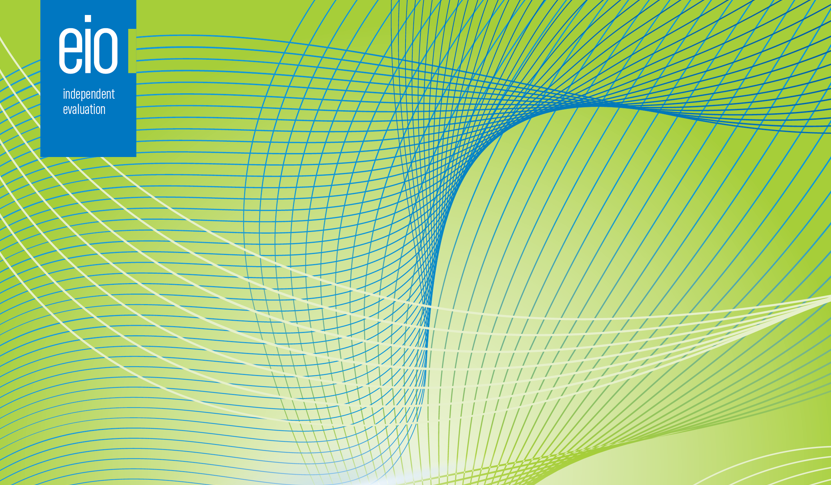ToR. Independent terminal evaluation of the project The Project for Agri-Food and Agro-Industry Development Assistance (PAFAID) (UNIDO ID 180109).pdf
2024
#Global #Pakistan #Terms of reference of ongoing evaluations
The long-term goal of the project is to revitalize the livelihood of value chain actors in Khyber-Pakhtunkhwa and Balochistan, covering their daily income from the apple and cattle value chains and improve practices of food manufacturers and processors along with the related enabling environment. \n\nTo achieve this, the short-term goal of the project is to introduce improved practices and techniques in product quality, safety and productivity, the female and male farmers \/ herders as well as enterprises will be able to generate additional incomes by selling their food safety compliant and value added products in high-end markets. The project will follow a piloting approach for the apple and cattle meat value chains to showcase best practices in selected districts within the provinces. Furthermore, it will also pay attention to disseminate the developed know-how on best practices in product compliance, traceability value addition and productivity to actors, with consideration of economically more vulnerable groups, such as youth and women, as well as support the upgrading of their obsolete practices on-farm and processing level. Through the development of institutional capacities of the agricultural departments in KPK and Balochistan, they will be able to disseminate the developed code of practice (COP) after receiving training of trainer (ToT) trainings from senior experts. This in turn will also assist in the sustainability of the departments as an income generation opportunity and upscale of best practices in long-term. \nDuring the introduction of the new practices, the project will follow a piloting approach for the selected value chains, however, by closely involving the relevant departments at provincial level as well as their institutional capacity building which in turn allows the establishment of a framework for up-scaling potentials in the future. This approach also allows the identification of lessons learned and additional challenges related to the upgrade of these practices. As part of the value chain performance development, UNIDO will look into numerous thematic areas to improve current practices and income opportunities, such as compliant and productive capacities, value addition, and establishment of market linkages.\nThe main objective of the proposed project is revitalizing the livelihood of farmers from selected value chains in KPK and Baluchistan through improved production, quality compliances and introduction to new value addition practices.\nThe following project components have been developed, in addition to project management, to achieve the project objectives:\nComponent 1: Improved pilot applications in compliance and productive capacities of the cattle meat value chain in pre-selected districts of Khyber Pakhtunkhwa;\nComponent 2: Value addition and improved compliance practices piloted for the apple value chain in Balochistan.\n
English




















